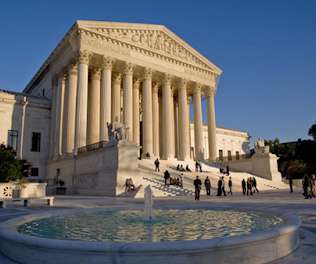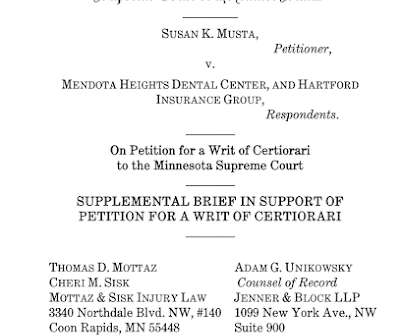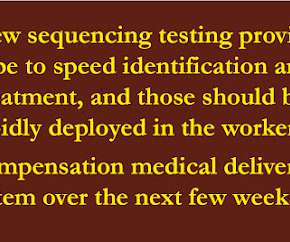US Supreme Declines to Review Medical Marijuana Reimbursement Issue
Workers' Compensation
JUNE 21, 2022
Preemption Issue The question presented is: “Whether the Controlled Substances Act, 21 U.S.C. preempts a state workers’ compensation order that compels an employer to reimburse an employee for the cost of marijuana used in response to pain arising from a work-related injury.” 801 et seq.,













Let's personalize your content